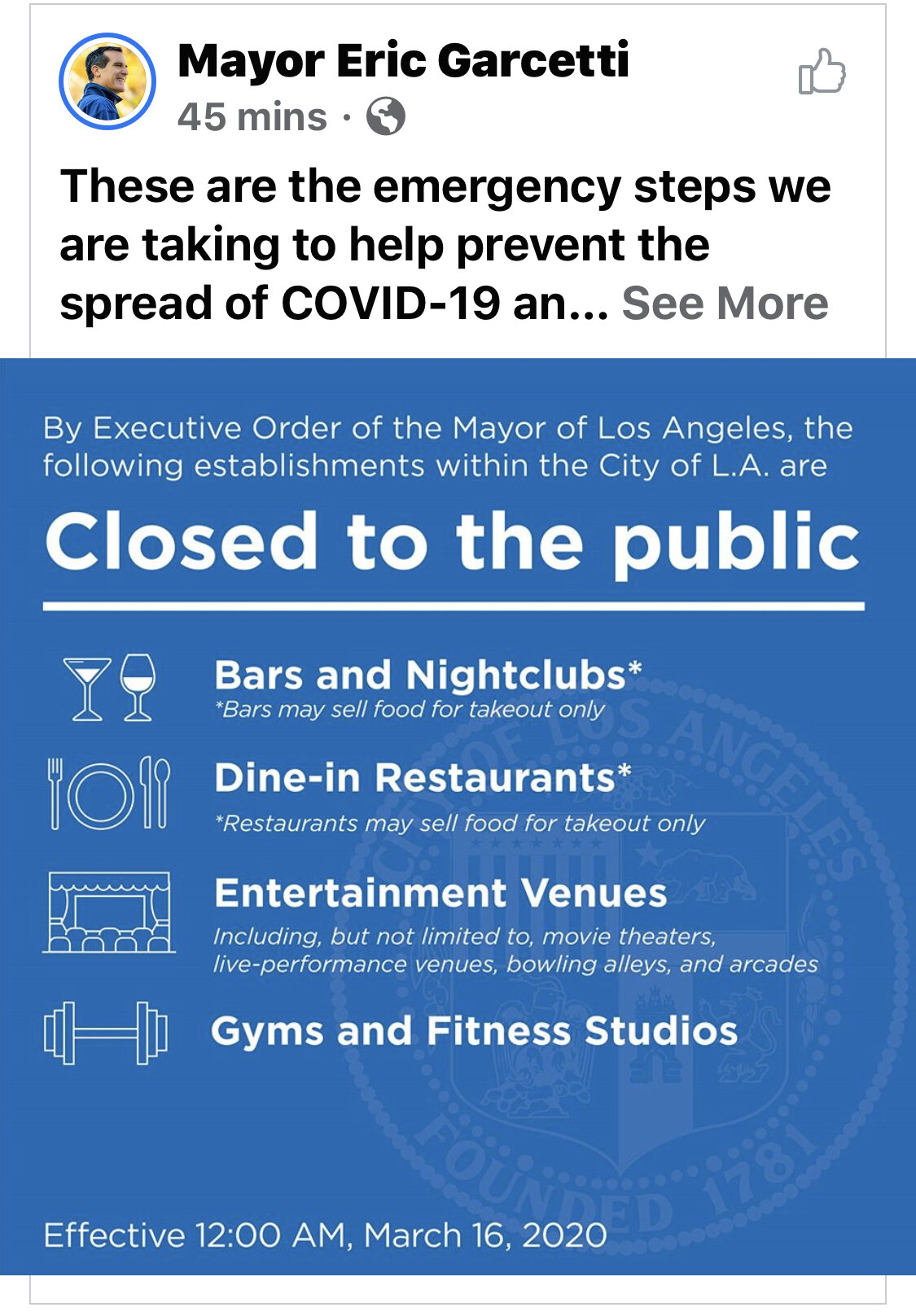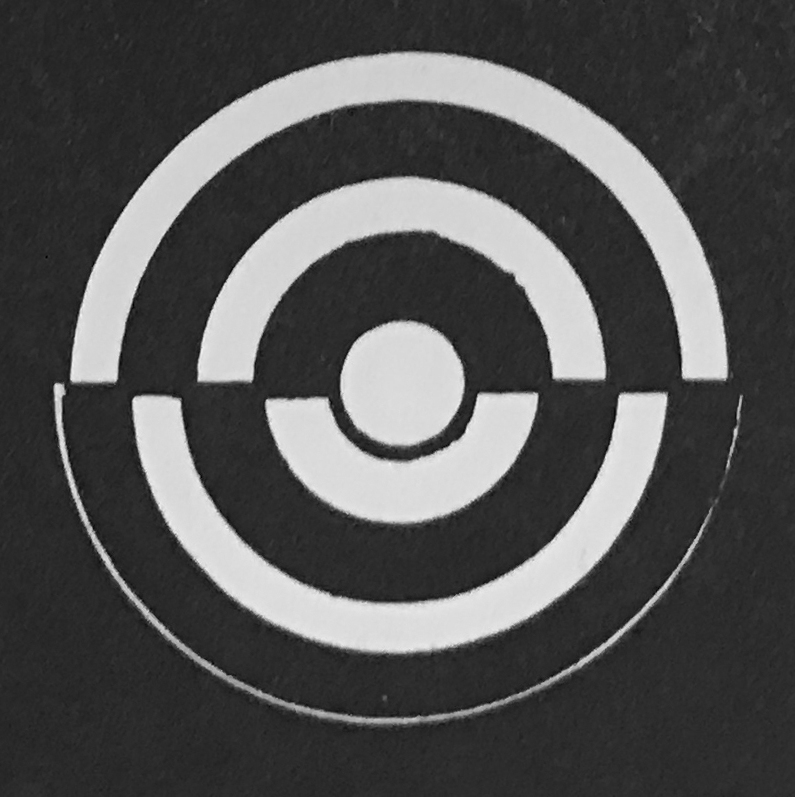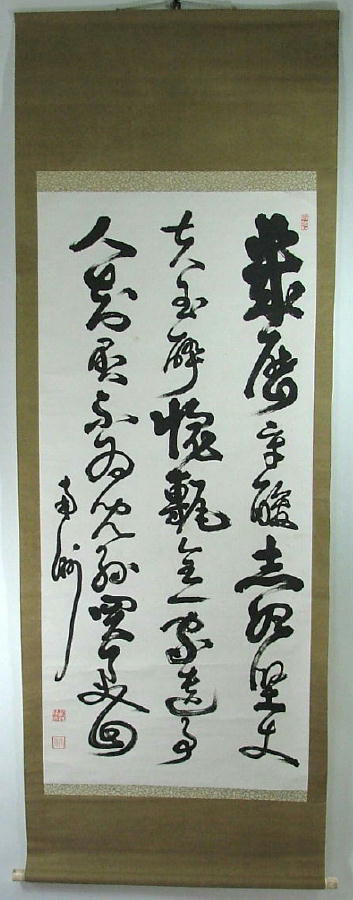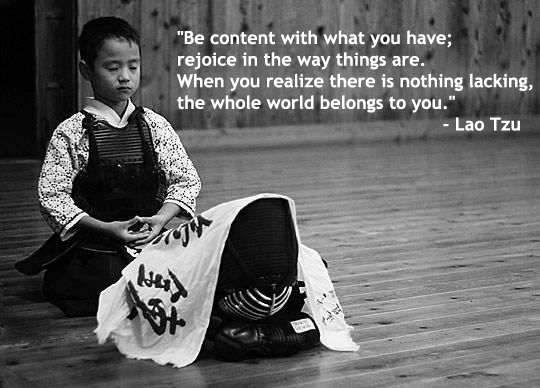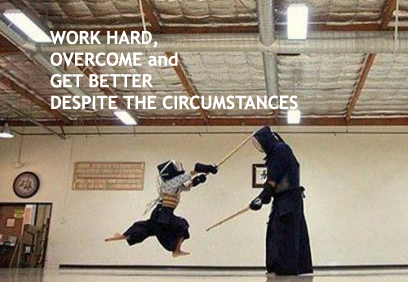At this time, I believe the world is shifting. Hopefully, this global phenomenon confronting us will be the catalyst for change and self-awareness. A while ago, I was asked to be interviewed for a reality type show that was featuring the samurai. The producers asked me to explain the samurai’s love of death. I told them that it was actually the contrary, samurai learn how to live because they know they are going to die. Unfortunately, they didn’t hire me. Truly accepting the eventuality of one’s death, enables the real warrior to learn how to live. The best way to do this is with gratitude. Brother David Steindl-Rast believes that “It is not happiness that makes us grateful, it’s gratefulness that makes us happy”
In a Ted Talk, Brother Steindl-Rast gave some tips towards living gratefully in the moment. He based it on how we teach children to cross the road:
STOP: “We rush through life; we don’t stop, and we miss opportunities because we don’t stop,” he says. He tells us the story of returning home after spending time in a remote part of Africa, where there was no electricity, no water. At home, he was overwhelmed with gratitude every time he turned on a faucet or clicked on a light. Even after he re-assimilated into home life, he left stickers on the tap and switch to remind himself to be grateful for the resources.
LOOK: We must use all our senses to soak in the wonderful richness that life has given to us. “That is what life is about, to enjoy what is given to us,” he says. “When we open our hearts to opportunities, opportunities invite us to do something.”
GO: We should do whatever life offers to us in that present moment. Sometimes that might be difficult, but we should go with it and do our best to enjoy every moment.
Source: https://www.npr.org/transcripts/267202113







